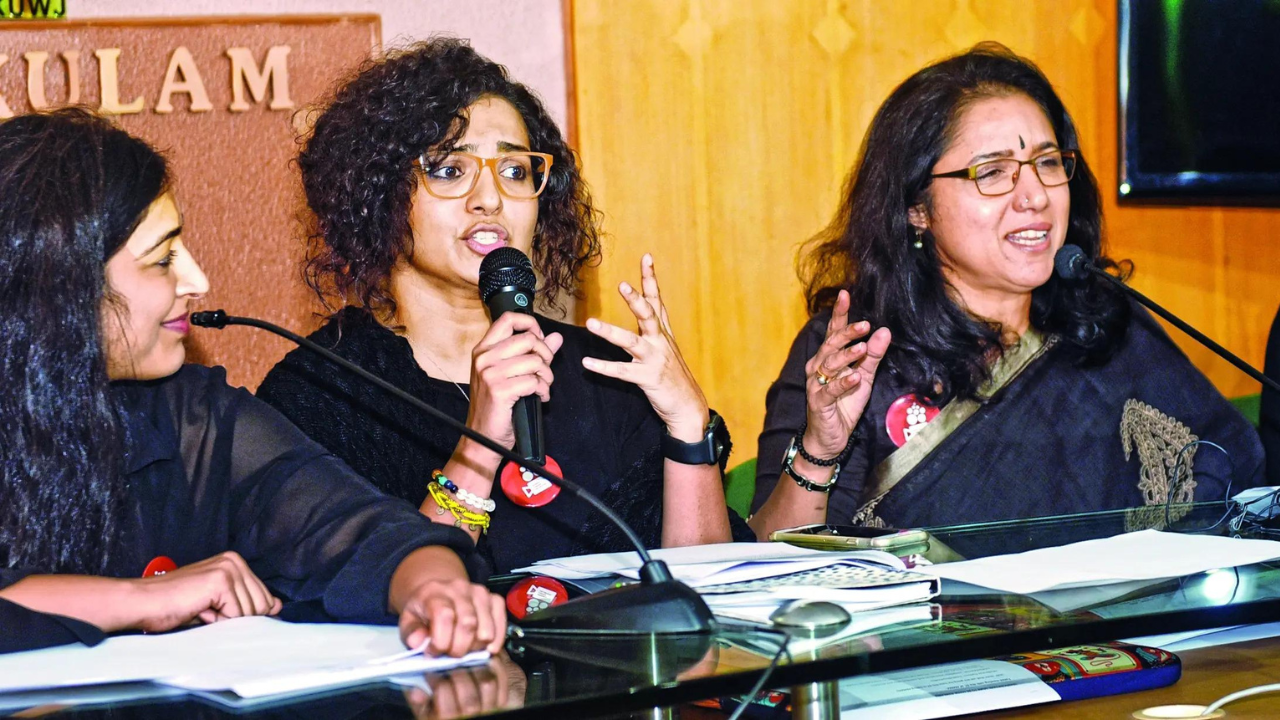Thiruvananthapuram: The Justice Hema Committee report, formed to study workplace conditions and related issues faced by women in Malayalam film industry and submitted to the govt in 2019 but kept under wraps for close to five years, was finally made public on Monday. The 235-page report — 65 pages were redacted to protect privacy of individuals — based on depositions and statements from a number of key witnesses, made shocking observations on widespread sexual exploitation and blatant disregard for women's rights in the industry and the toxic male domination that engendered it. The report painted a sordid picture of humiliating ‘compromises’ that women are forced to make to survive in the cinema industry — including the practice of casting couch and doling out sexual favours to the high and mighty in the industry or risk a premature end to their careers — where the disparity in remuneration between men and women artistes was huge and basic safeguards like internal complaints committee (ICC) existed only in name.
The report of the three-member committee — high court Justice (retd) K Hema, yesteryear star Sharada and retd IAS officer K B Valsala Kumari — was released following a high court observation that its contents should be discussed by civil society to address and rectify issues faced by women in the industry. The committee was originally formed on a demand from the Women in Cinema Collective, following the Feb 2017 abduction and sexual assault of a leading female actor, a case still in the trial stage and in which noted actor Dileep is the eighth accused. “In the course of the study, we understood that the Malayalam film industry is under the control of certain producers, directors, actors — all male.

They control the whole Malayalam film industry and they dominate other persons working in cinema,” it said. The report lists at least 17 types of exploitation experienced by women working across 30 categories within the industry. Sexual demands made to women for entry into cinema and opportunities to work in the industry, sexual harassment , abuse/assault against women at the workplace along with transportation and accommodation issues are some of them.
“The offer to act or for doing any other job in cinema comes to a woman coupled with a demand for sexual favours. Many witnesses pointed out that in no other job, there is any demand for sexual favours for getting the job. In cinema, the situation is totally different.
At the very inception and for the very entry into the film industry, there is a demand for sex. Therefore, women in cinema do not find it safe to go to the workplace all alone,” it said..



















